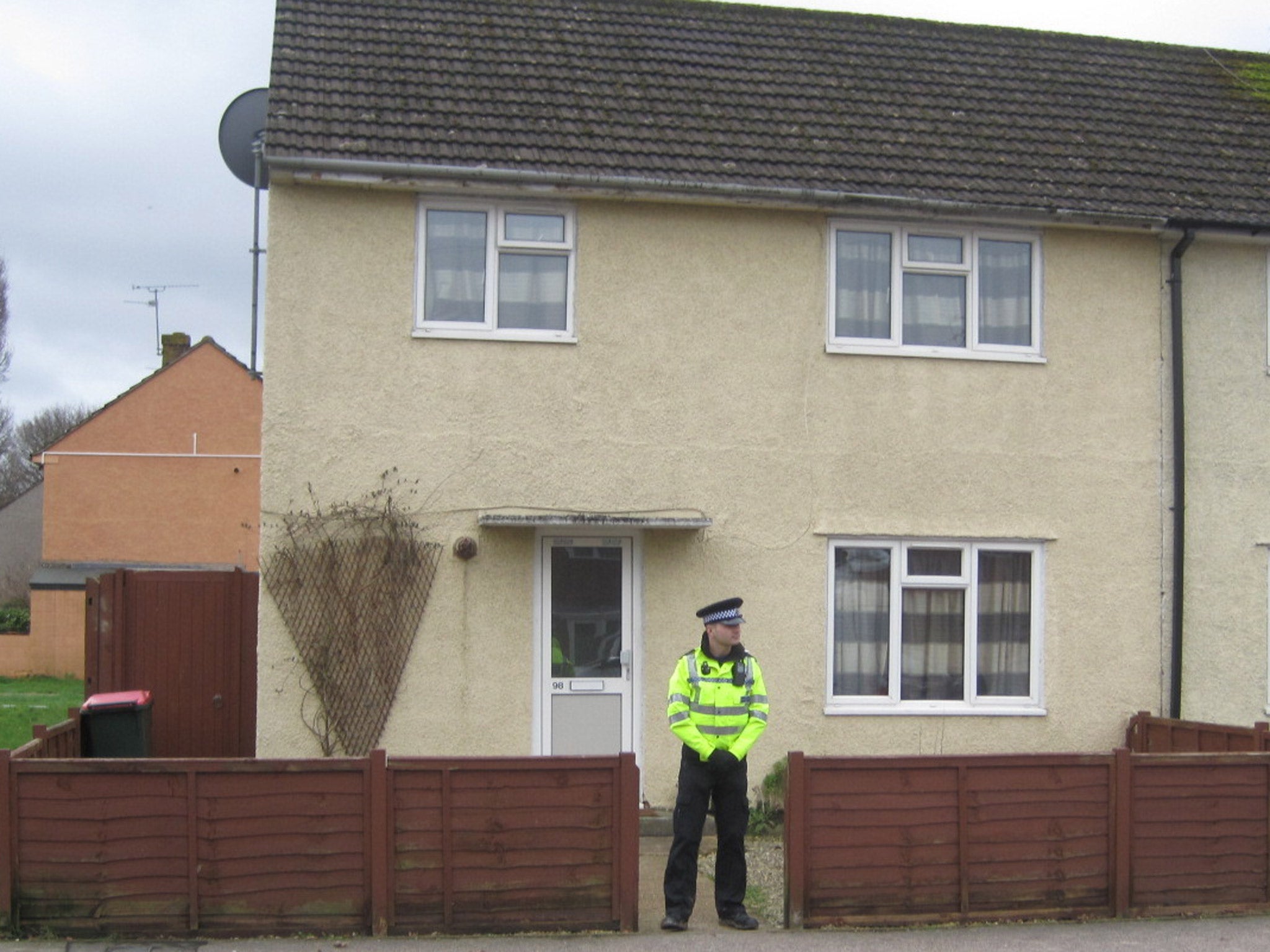Martyrs Avenue: is this the British home of suicide bomber behind Syria attack?
Notorious UK address is linked to extremist who blew himself up in Aleppo. Paul Gallagher reports

When counter terrorism officers in the West Sussex town of Crawley were sent to a house on Martyrs Avenue to investigate whether it had been the home of a suicide bomber who killed himself in Syria, they could have been forgiven for wondering if the address they had been given was a joke.
The address, thought to be linked to a man named last night as Abdul Waheed Majid, was correct. Only after several hours inspecting the home in the Langley Green area did the officers emerge, leaving a single policeman in an unmarked car by the side of the property on Wednesday night, its curtains drawn.
Mr Majid, known to friends as Waheed but said to have been known by the alias Abu Suleiman al-Britani in Syria, left Britain six months ago. He told his family he was going on a humanitarian mission to the war-torn country. It is now suspected that the 41-year-old carried out a suicide bombing in a truck in the Syrian city of Aleppo last Thursday – though officers have so far refused to confirm his identity due to a lack of DNA evidence – after joining the al-Qai’da-linked rebel group, the al-Nusra Front.
Neighbours spoke of their shock at witnessing police descend on the end-of-terrace property. The house has previous, however. Bizarrely, it once belonged to the child killer Roy Whiting, who murdered eight-year-old Sarah Payne in 2000.
One neighbour, Nina Bateman, told the Argus newspaper that Majid, 41, was “a pleasant chap”. “When I became very ill, he was always willing to help, and he would do my neighbour’s hedges,” she said.
“I’m beginning to wonder whether it’s something to do with that house. He was the next person to move in after Roy Whiting’s dad moved out... you would never have a bad word to say about him – he was just a pleasant chap.”
Another neighbour said on Wednesday night that he thought Majid had a wife and teenage son.
Arif Syed, a community leader in Crawley, said Majeed would phone his family or contact them on Skype every three days while he was away, but communication was lost with him about seven days ago.
Mr Syed, 59, said he still hoped to learn that Majeed was not behind the Aleppo attack. “We have got our hopes high. We are praying that he will walk through the door,” he said. “It’s a good possibility that he’s still alive and well, and is just not communicating. We live with this hope until the authorities confirm, or we get eye-witnesses that say it was him.”
His uncle, Mohammad Jamil, 65, said Majeed had never shown any sign of extremism. “If the family knew about this, we wouldn’t have let him go,” he said. Mr Jamil said the family had no reason to believe that Majeed was anywhere other than at refugee camps giving aid.
Describing his nephew as a “family man”, he said: “He spent a lot of time with his wife and kids and he has always been employed, and a well-liked person.” The emotions of Majeed’s wife have fluctuated since reports suggested her husband might be behind the suicide bombing, according to Mr Syed. He said: “When people believed it was him, she went through a period of bereavement. When we gave her the information that the agencies could not confirm, she was really delighted, but she is in a totally confused state.”
Majeed left for what was said to be his first humanitarian mission to Syria in August, and had not indicated when he would return to Britain.
Mr Syed added that he missed two opportunities to return, however. “He enjoyed it so much and he extended his period of stay,” he said.
“The family has been in constant touch with him for several weeks, and he has been sending photographs. He has mostly been working with a charity on the refugee camps and distributing aid.
“We had communication until about seven days ago. He had said he was going to another camp and there might be switch-off with the communication. He said ‘If I don’t contact you for a few days, don’t worry about it, I will be in touch again’. That’s the last communication we had.”